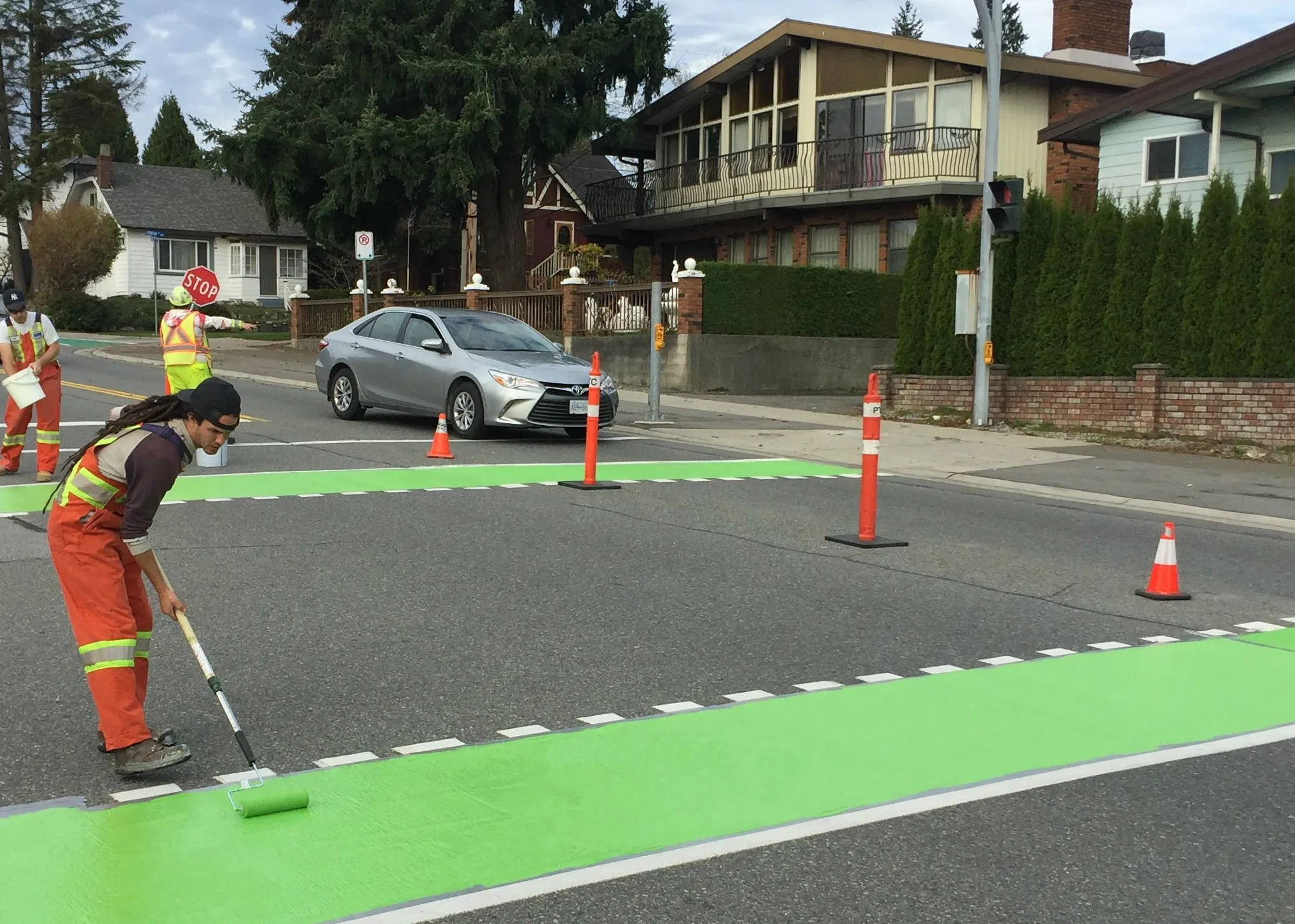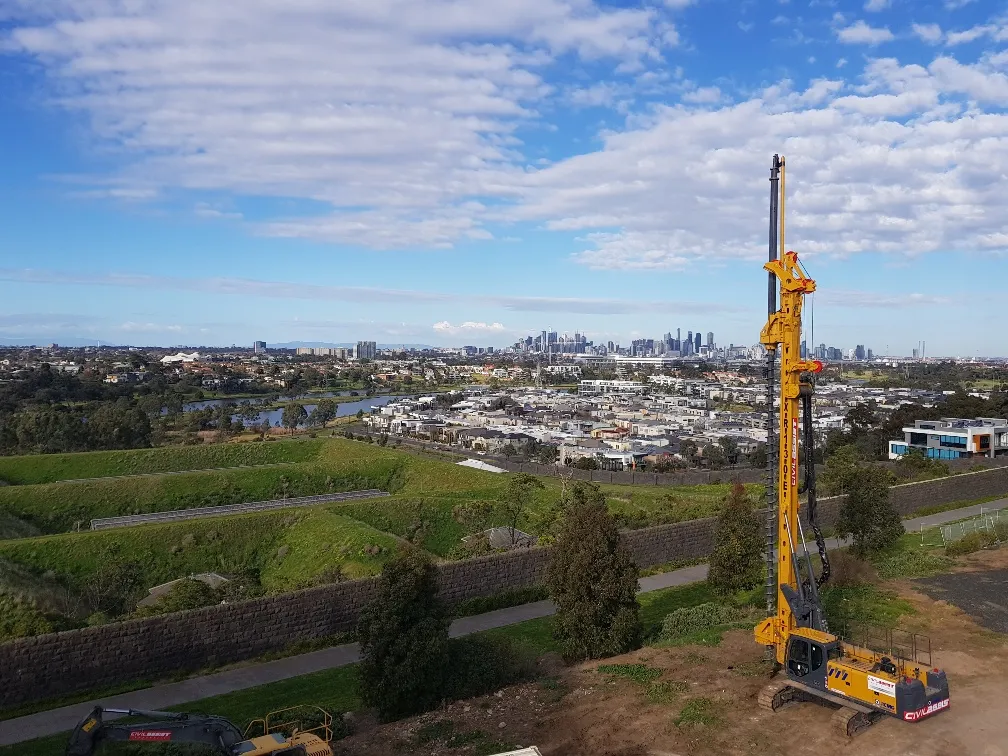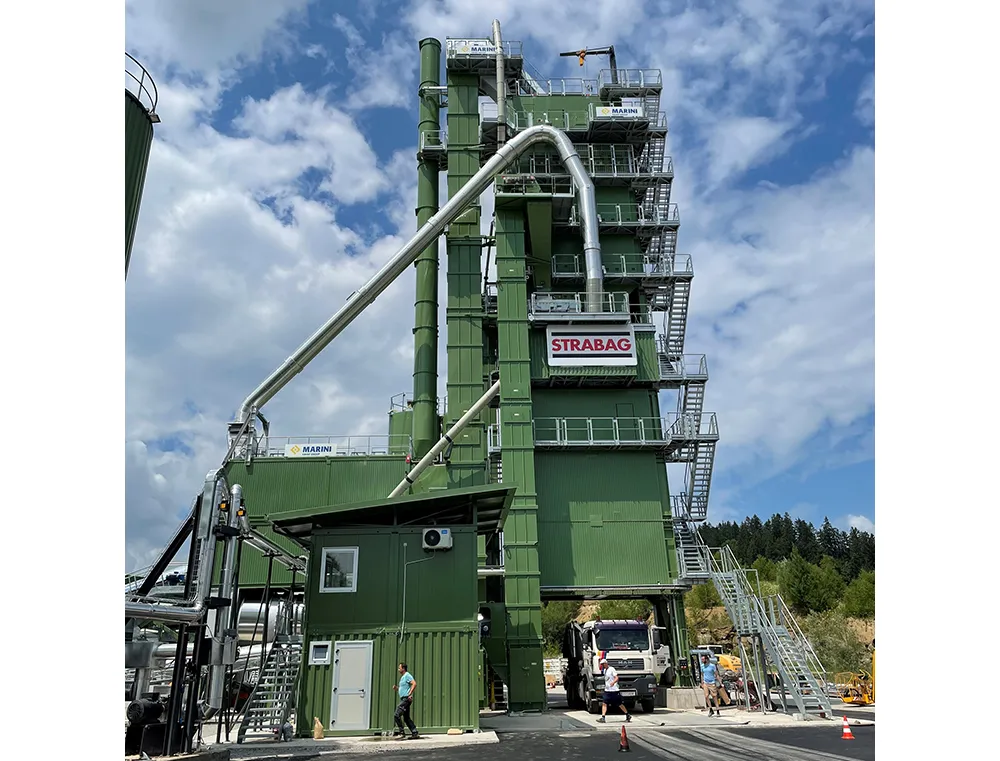
Hitex says that they are quicker and easier to apply and allow contractors to control the curing process to suit available workforce. This has the potential to speed up highway works and reduce traffic congestion.
“This is the highway industry’s first PU modified MMA technology,” said John Lloyd, managing director at Hitex Traffic Safety.
“Puma provides a less disruptive solution that will maximise productivity and efficiency for contractors working under road rental schemes by reducing the time that roads or lanes have to be closed. It is workable in any temperature environment and delivers a longer service life as it breathes with the road surface without peeling at the edges, which is a common characteristic of other, more brittle systems.”
PumaGrip Type 1 is a high-friction, anti-skid surfacing material that is extremely energy efficient as it requires neither gas nor diesel heating. It can be laid directly onto old and new asphaltic surfaces without the need for expensive equipment and vehicles. Importantly, it provides catalyst-controlled curing within 30-60 minutes for highly trafficked, high stress areas including sharp bends, junctions and motorway slip roads as well as approaches to roundabouts, pedestrian crossings and accident black spots.
PumaBrite road markings use similar modified MMA technology combined with lead-free pigments, glass beads, aggregates and fillers. Available in a range of performance levels for flat lines or type 2 profiled wet night markings, they are fast and easy to apply with catalyst controlled curing within 5-30 minutes, depending on application method. The material can be used for a wide range of applications such as centre and edge lines, junction markings and smaller scale works such as car parks and factories.
PumaTrack is an easy-to-install roller-applied surface treatment designed for use on cycle tracks and walkways. It comes in a wide range of colours and is engineered to achieve the highest levels of durabillity, adhesion and colour stabillity.
Hitex says that its Puma range can be modified for use in any climate and environment. PumaGrip Type 1 material is British Board of Agreement (BBA) certified covering products and approved installers and is regulated in the UK under the Highways Agency BBA HAPAS scheme.









